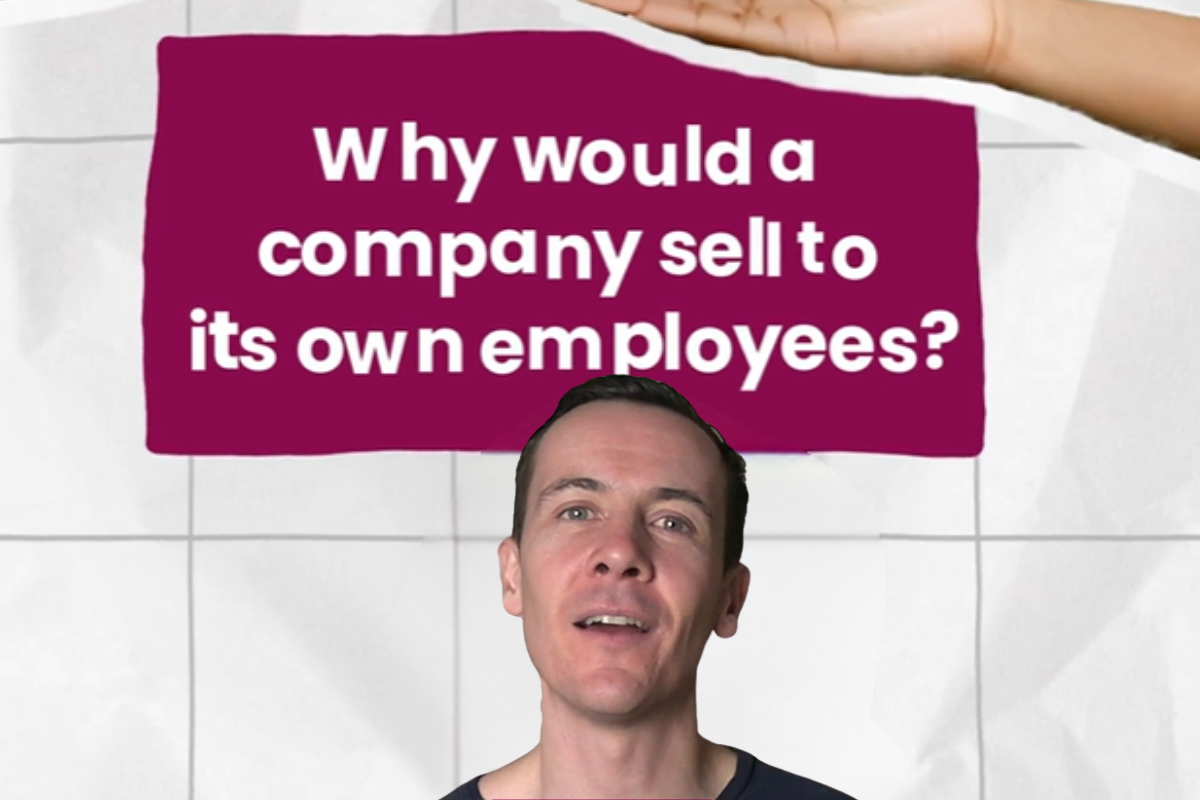TORONTO, Feb. 16, 2021 –Taylor Guitars, a leading global builder of premium acoustic guitars based outside San Diego, California has transitioned to 100% employee ownership. Backed by a Canadian pension fund, Healthcare of Ontario Pension Plan (HOOPP), and Canadian non-profit Social Capital Partners (SCP), this is a landmark transaction where a pension fund has directly financed an employee ownership conversion with a flexible, long-term debt facility.
Taylor Guitars views the transition to employee ownership as the next step to ensure a sustainable future for the company, while also providing a valuable financial benefit to people who have contributed to its success. “We believe we’ve created a special company, where passionate people can engage in problem-solving innovation, collaboration and respect” said Kurt Listug, co-founder and Chief Executive Officer “Securing our independence through a 100% Employee Stock Ownership Plan (ESOP) allows us to strengthen this culture.”
The transaction was financed with debt from HOOPP, SCP and the owners themselves. “We evaluated a number of potential financial partners, but it was key to us to work with someone who shared our values and long-term outlook. HOOPP and SCP stood above the rest as partners who care deeply about the success of our company and its employees, and feel the same way we do about our environmental and social objectives.” Bob Taylor, co-founder and President, Taylor Guitars.
“We are committed to seeking partnerships with market-leading companies with strong growth potential and a stellar track record of innovation and growth” said Jim Walker, Managing Partner at HOOPP Capital Partners. “And the ESG aspect of this transaction is also appealing given Taylor’s environmental sustainability initiatives and the fact that our capital will be invested to help create a prosperous future for Taylor Guitar employees who now own the Company.” he added.
SCP notes that a similar transaction would be impossible in Canada, as there is no equivalent to the Employee Stock Ownership Plan (ESOP) structure available in the United States. As a result, Canada has very low levels of employee ownership. Social Capital Partners looks to change that and are campaigning for a better regulatory environment that includes a defined structure and targeted incentives, as exist in both the United States and the United Kingdom. The proposed changes would allow for a significant increase in broad-based employee ownership in Canada, which would in turn foster growth and keep jobs in local communities.
“Employee ownership has been studied in the U.S. for decades. Employee-owned firms grow faster, default less often, are far more resilient in economic downturns and pay their people more, even before you factor in the wealth-generating effects of ownership. It’s also a great business succession option as it lets owners exit for fair prices while protecting the people and communities they care deeply about.”
SCP started advocating for employee ownership because of the proven social and economic benefits of employee ownership. “Employee ownership has been studied in the US for decades. Employee owned firms grow faster, default less often, are far more resilient in economic downturns and pay their people more, even before you factor in the wealth generating effects of ownership,” said Jon Shell, Managing Director & Partner of Social Capital Partners. “It’s also a great business succession option as it lets owners exit for fair prices while protecting the people and communities they care deeply about.” he added.
About Taylor Guitars
Taylor Guitars was founded in 1974 by Bob Taylor and Kurt Listug and has grown into the leading global builder of premium acoustic guitars. Taylor now employs over 1,200 people and currently produces hundreds of guitars per day in its state-of-the-art factory complexes in both United States (El Cajon, California) and in Mexico (Tecate). The company maintains an active dealer network, with Taylor guitars sold through hundreds of retail locations in North America and with international distribution to 60 countries, including a distribution warehouse and factory service center in the Netherlands.
About Social Capital Partners (SCP)
Founded in 2001 by entrepreneur and philanthropist Bill Young, Social Capital Partners (SCP) is an independently funded non-profit that designs and implements systemic ideas to tackle social problems. SCP initiated their Employee Ownership Capital project in 2019 to link institutional capital to employee ownership conversions in the United States using the Employee Stock Ownership Plan structure. The transition by Taylor Guitars to 100% employee ownership is the project’s first transaction. SCP is campaigning for a targeted employee ownership policy in Canada. For more information see employee-ownership.ca.
About Employee Stock Ownership Plans (US-ESOP)
The US-ESOP is a type of tax-qualified defined contribution plan available in the United States through which all qualified employees receive a retirement benefit linked to Taylor Guitars’ future equity value. Taylor Guitars will be joining over 6,400 other successful ESOP companies, such as Clif Bar & Company, King Arthur Flour Baking Company, and W.L. Gore & Associates, which are committed to their independence, their values, their employees, and providing the best quality, innovation and service to its customers and external partners. More information about ESOPs can be found at esopinfo.org. Chartwell Financial Advisory, Inc. advised Taylor Guitars on all aspects of the ESOP transaction and creation of the optimal ESOP capital structure.
Share with a friend
Related reading
Watch the video: Why do Canadians work so hard and get so little?
Low productivity means lower wages and a lower standard of living. Canada does need to boost productivity—but we keep trying the wrong things. Watch SCP CEO Matthew Mendelsohn explain the productivity conversation Canada actually needs to have.
Market study submission: Competition in financing for Canada’s SMEs
Small- and medium-sized businesses (SMEs) face significant barriers to accessing capital and we believe that the lack of competition in the banking sector is one of several important contributing factors. We provided comment on the Competition Bureau's upcoming market study on SME financing because we believe that unlocking capital for SMEs and entrepreneurs will strengthen the Canadian economy, bolster our sovereignty and provide more Canadians with pathways to building wealth. We look forward to seeing how the evidence collected will help inform policymakers interested in tackling this issue.
Watch the video: Why would a company sell to its employees?
Canada is facing a $2-trillion business handoff. What if employees owned more of it? In this video, our Director of Policy Dan Skilleter explains why a company would sell to its own employees, how it happens and who stands to benefits. Spoiler alert: employee-owned companies are shown to be 8-12% more productive, share more wealth with their workers, keep businesses Canadian-owned and shore up the resilience of local communities and the broader economy.


